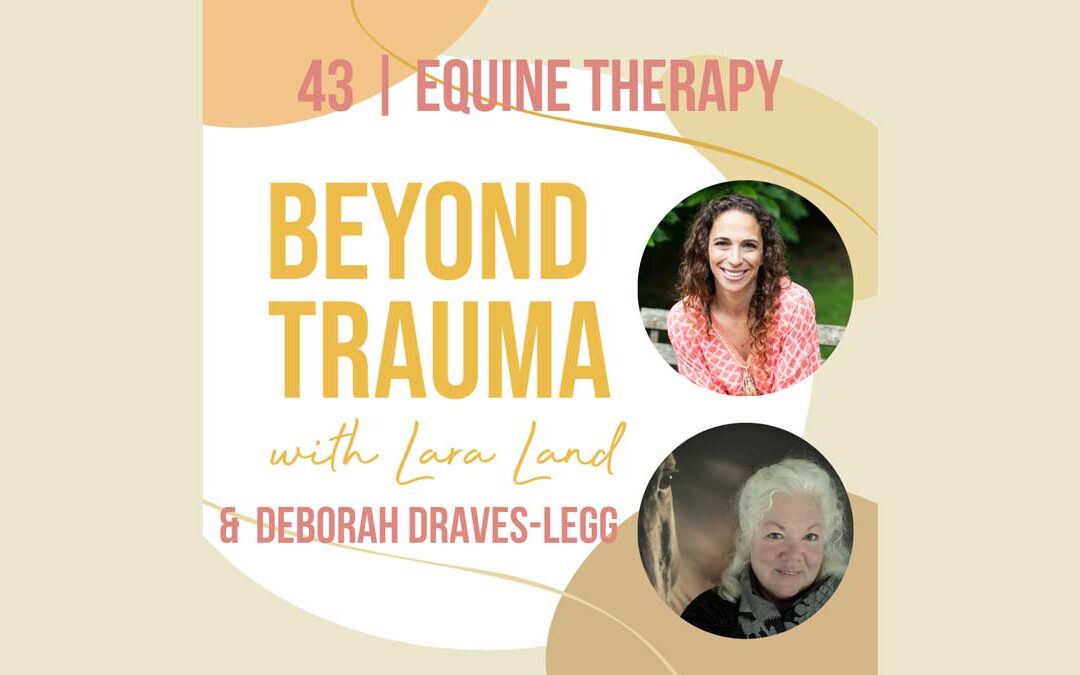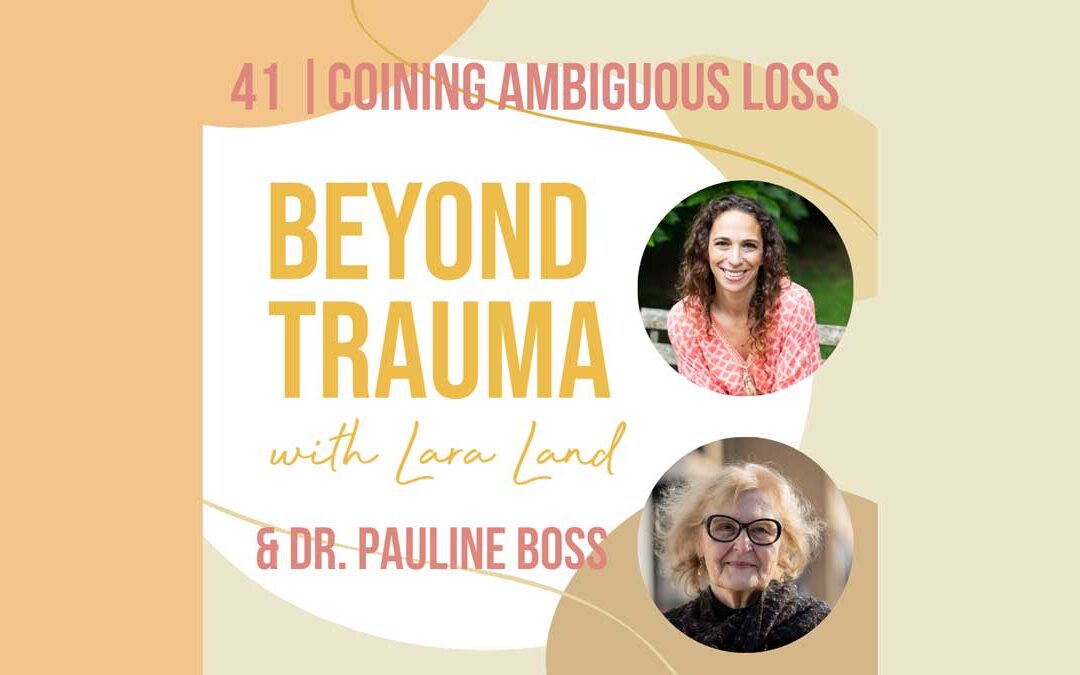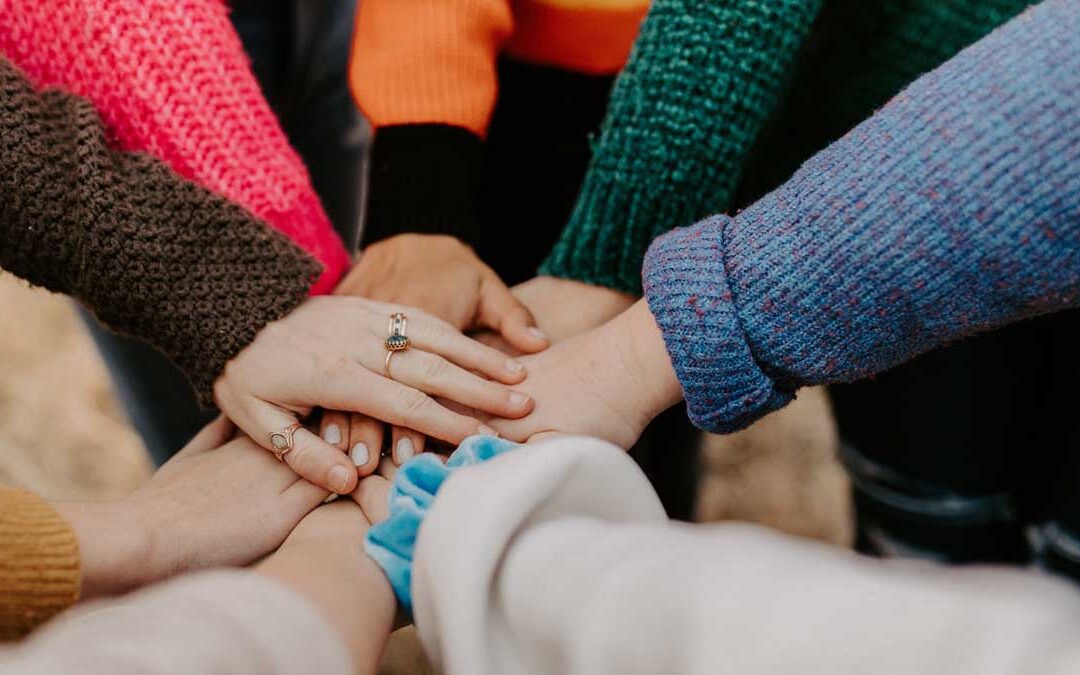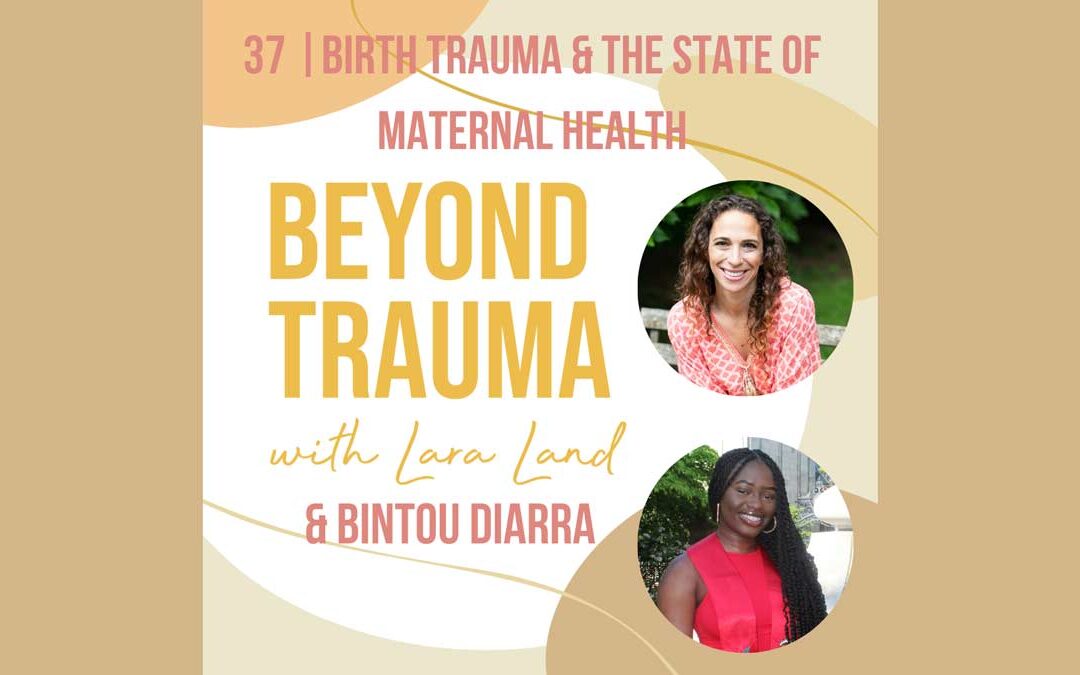
The Unseen Struggle: Trauma Bonding in Yoga Teacher Training Programs
Yoga teacher training programs are designed to be transformative, offering a profound journey into self-discovery and personal growth.
Participants often enter these programs with the intention of deepening their yoga practice and acquiring the skills to share the ancient wisdom of yoga with others. However, beneath the surface of this seemingly harmonious journey lies a potential challenge that is not often discussed – the phenomenon of trauma bonding.
Understanding Trauma Bonding
Trauma bonding refers to a strong emotional connection that develops between individuals who have experienced intense, emotional, and sometimes traumatic situations together. This bond can manifest in various relationships, including those formed during yoga teacher training programs. While the primary focus of these programs is on physical and spiritual development, the intense and immersive nature of the experience can lead to unexpected emotional connections.
The Intensity of Yoga Teacher Training
Yoga teacher training programs are known for their intensity, both physically and emotionally. Participants spend long hours practicing asanas, studying yogic philosophy, and delving into personal introspection. The immersive nature of the training fosters a sense of community and shared experience among participants, creating an environment that is conducive to the development of close connections.
The Role of Vulnerability
Yoga teacher training often encourages participants to open up emotionally and share their personal experiences. This vulnerability can create a sense of camaraderie and trust among participants. However, when individuals share deeply personal and sometimes painful stories, an unintended consequence may occur – the formation of trauma bonds.
Unresolved Trauma and the Yoga Journey
Many individuals turn to yoga as a means of healing from past traumas or dealing with ongoing challenges. Yoga teacher training programs can inadvertently amplify these emotions as participants confront and explore their personal histories. The shared struggle of overcoming emotional obstacles can strengthen the bonds formed during the training, creating a unique and profound connection among participants.
The Dark Side of Bonding
While forming close connections can be a positive aspect of any community, trauma bonding can have a darker side. Individuals may find themselves entangled in unhealthy relationships or dynamics that stem from shared emotional pain. The intensity of the training environment can blur boundaries, making it challenging for participants to distinguish between supportive connections and those born out of shared trauma.
Preventing and Addressing Trauma Bonding
Awareness is the first step in preventing and addressing trauma bonding in yoga teacher training programs. Educators and participants alike must recognize the potential for intense emotional connections and be mindful of the impact of shared vulnerability. Establishing clear boundaries, fostering open communication, and creating a supportive environment for participants to process their emotions are essential in mitigating the risks associated with trauma bonding.
Awareness and prevention are the motivations behind the most recent episode of the Beyond Trauma podcast where I spoke to Michelle Lehrman about her trauma inducing experience in a yoga teacher training program (YTT). We cover: Trauma bonding and forced sharing
- Scripted sequencing
- Learning and memorizing methodology
- Non-consensual hands-on assisting
- Changing goal posts
as well as other topics and discuss how the trauma informed yoga teacher training program at Three and a Half Acres yoga overrides and addresses the issues with many yoga teacher training programs today. The next YTT at Three and a Half Acres Yoga is coming up this February. For more information visit them at www.threeandahalfacres.org.





Recent Comments